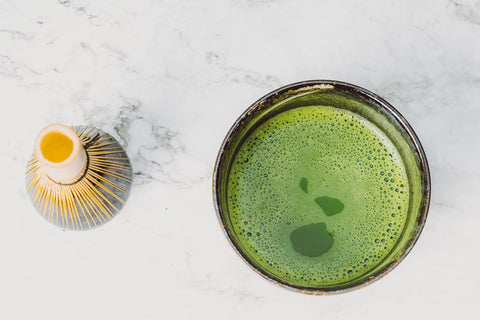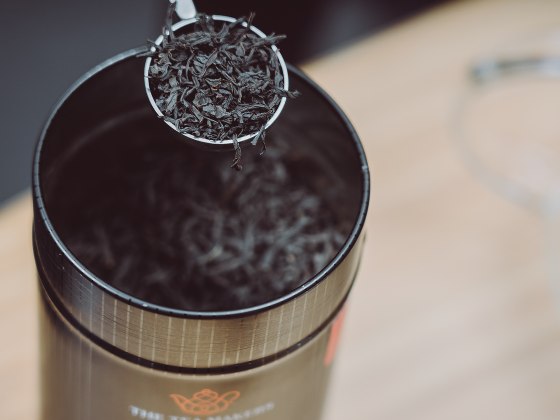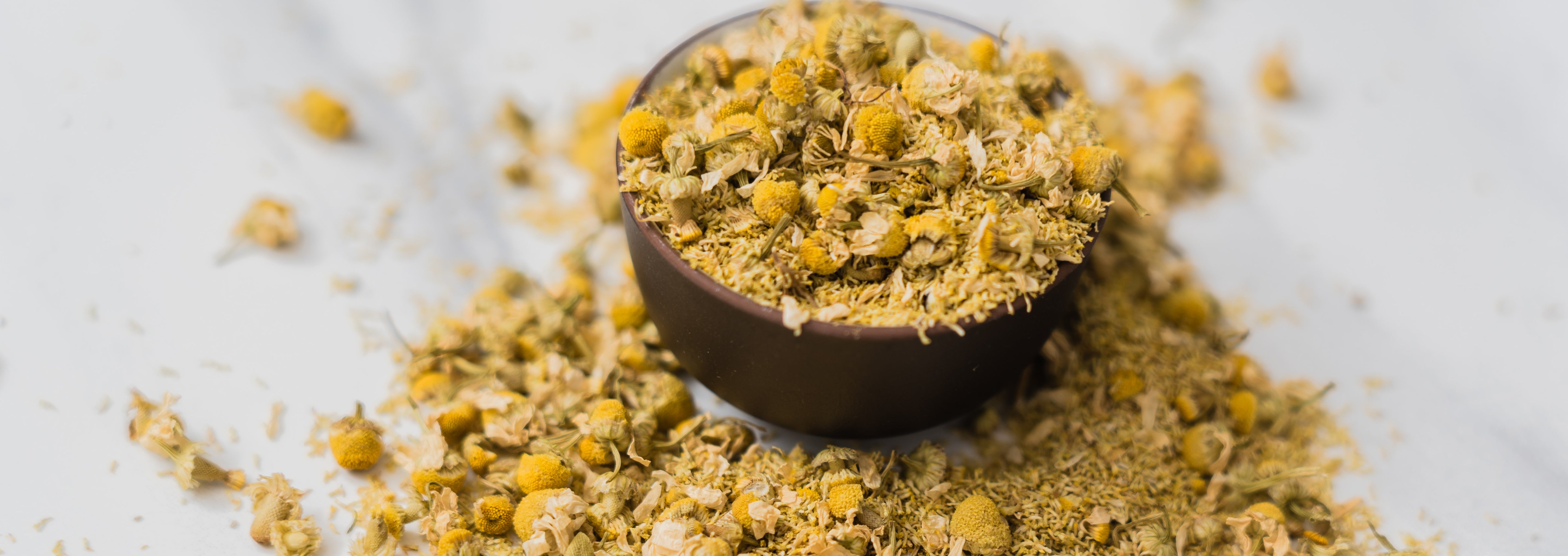What is Japanese green tea and why is it healthy?

During the ancient times in Japan, tea was consumed as a medicinal drink by the wealthy and elite. When you look at the ingredients and their health benefits it offers, it is quite clear why.
All true tea comes from the same plant, the camellia sinensis. however, the processing of Japanese green tea is distinctive compared to other green teas. The leaves are steamed rather than pan-fried or roasted, providing Japanese green teas with a distinct flavour profile.
Green tea goes through very little processing, resulting in minimal oxidation. This means it retains high levels of catechins, a powerful antioxidant that provides various health benefits. Catechin, also known as tannin, also has germicidal properties and helps your intestine performance, so it is believed it can help prevent things like food-poisoning and various lifestyle-related diseases.
Can green tea help with heart disease?

The catechins in green tea can help lower your cholesterol and your blood pressure, both of which are major contributors to a range of heart diseases prevalent in modern society.
Additionally, the antioxidants present in green tea can benefit overall cardiovascular health, as they inhibit oxidation and vascular inflammation. For those looking to boost their antioxidants, our Sencha Goji Berry is a great option. This blend combines antioxidant rich sencha with goji berries, a superfood with a host of health benefits.
Can green tea boost brain activity?

As your brain needs healthy blood to function well, it's a no-brainer (pun intended) that if green tea helps improve your blood flow, it will also be good for your brain activity.
In addition to boosting brain activity, green tea can also protect it against the effects of ageing. Linked again to memory, frequent green tea consumption was linked to low levels of the biomarkers associated with Alzheimer’s disease in adults without the condition.
What about caffeine content?

Green tea can be a great option to get your caffeine fix in without overloading your system and for those who want a caffeinated pick-me-up in the afternoon but don’t want to be buzzing by the bedtime. This means you can say goodbye to caffeine crashes too!
Caffeine does, however, have many helpful qualities. It increases alertness and energy as well as helping brain function. For those looking for a bit of get-up-and-go, matcha can be an excellent alternative to coffee, as it has fewer side effects and is gentler on the body. For more information, see our blog on Matcha vs Coffee.
Does green tea help you lose weight?

Green tea can be really helpful for those trying to lose weight. It is a great healthy alternative to lots of the high calorie, sugary drinks which surround us.
The catechins in green tea have been shown to raise metabolism, which in turn increases the rate at which the body burns calories, aiding weight loss. In addition, they have also been found to increase the rate of fat oxidisation, the process by which the body breaks down fats.
Fresh breath and tooth decay
Green tea also contains both fluorine and flavonoid. Sound familiar? Well Fluorine is an ingredient in toothpaste and helps to prevent tooth decay, while flavonoid prevents bad breath. Green tea has been shown to be more effective than both mints and chewing gum in eliminating mouth odours.
Does it help prevent cancer?
Research is being undertaken into the potential anti-cancer benefits of green tea. It is the catechins within the green tea which look to be the most promising in this regard, most notably EGCG (epigallocatechin gallate) which has been linked to prevention of breast, lung, prostate, stomach and pancreatic cancers.
Green tea can be consumed alongside chemotherapy and other medical treatments.
Time to relax
L-theanine, an amino acid found in green tea, is associated with reducing stress and anxiety, and so green tea often has a calming effect upon drinkers, making it a wonderful option for unwinding at the end of a busy day. L-theanine is particularly high in green teas which are grown in shade, such as our Gyokuro. The lack of sunlight the plant receives increases the production of chlorophyll, which provides a distinctive flavour to these higher end green teas as well as a host of healthy amino acids.
What vitamins are in green tea?
- Vitamin A – can boost your body’s natural defences and support a healthy immune system.
- Vitamin B1 & B2- necessary for converting sugars and providing energy for the body
- Vitamin C - great for keeping your skin bright and helping the body heal from injuries
- Vitamin E – maintain skin and eye health
So, as you can see, drinking green tea has many health benefits, from lowering cholesterol to helping you relax.
Not sure if green tea is for you?
Drinking a cup of green tea a day is a calming and enjoyable way to boost your health. It’s an easy win for those trying to be more health conscious.
If you’ve tried green tea in the past and found it too bitter, you may have been brewing it at much too high a temperature. Green tea should be brewed around 70C-80C, otherwise the delicate flavour will be ruined.
At Tea Makers we offer a range of excellent Japanese teas, suitable for those new to this delightful brew and long-time connoisseurs.









